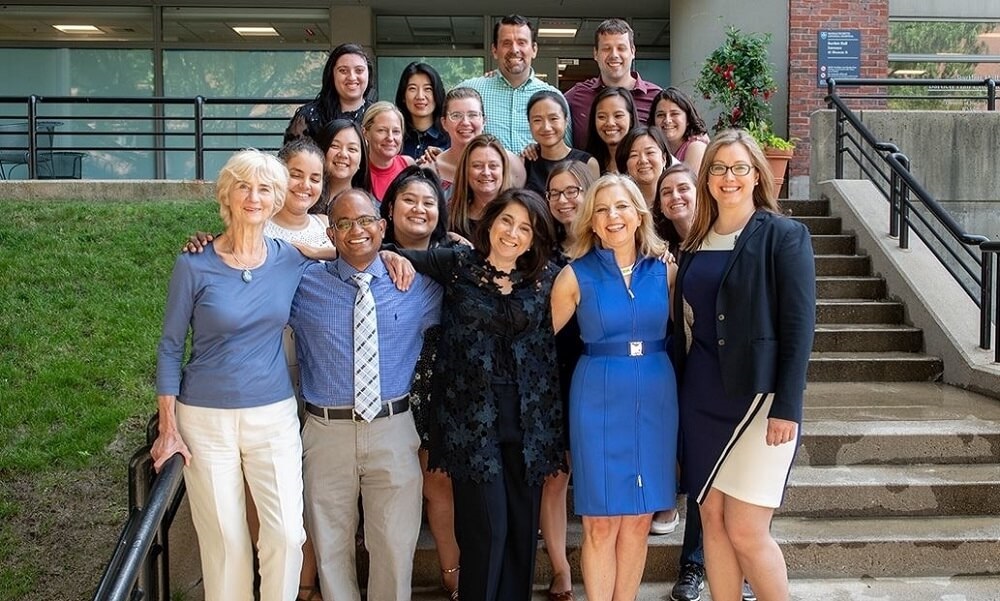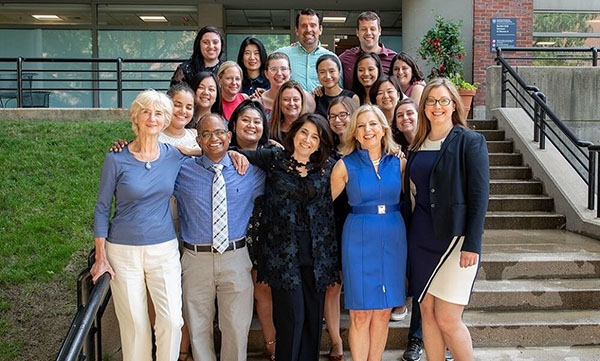About the Reproductive Endocrine Unit
The Reproductive Endocrine Unit of the Department of Medicine was established in 1983 to provide a venue for the investigational, teaching and clinical activities of this rapidly expanding section of the Endocrinology Division at the Massachusetts General Hospital, building on Mass General’s longstanding record of outstanding reproductive research.
The Reproductive Endocrine Unit (REU) is the only Unit within a Department of Medicine in the United States devoted to the reproductive endocrinology of men and women. As such, the REU is one of the most unique Units in the country, with a distinguished history of excellence in both research and clinical care.
In addition to leading broad-based clinical and basic research programs and educating the next generation of reproductive endocrinologists through our training and education programs, the Reproductive Endocrine Unit at Massachusetts General Hospital seeks to translate our clinical findings into top-quality, state-of-the-art care for patients with reproductive disorders. We offer our patients a diverse variety of treatments and clinical services.
Our faculty conduct a wide array of basic and clinical research activities in a variety of areas of reproductive biology, enhanced by our affiliations with Harvard Medical School and the Broad Institute.
Team
As clinicians, we aim to provide the best quality care, incorporate the newest advances, and seek integration between clinical practice and investigation. As researchers, we aim to lead reproductive biology research world-wide, striving to make discoveries that are impactful for the field.
Meet our team
Research
Research Studies: The Reproductive Endocrine Unit is part of an extraordinary, collaborative academic medical community.
See what we’re researching
Publications and Patents: View the most prominent publications and patents from members of the Reproductive Endocrine Unit.
News & Announcements
Find news, announcements and events from the Reproductive Endocrine Unit.
View news & announcements


